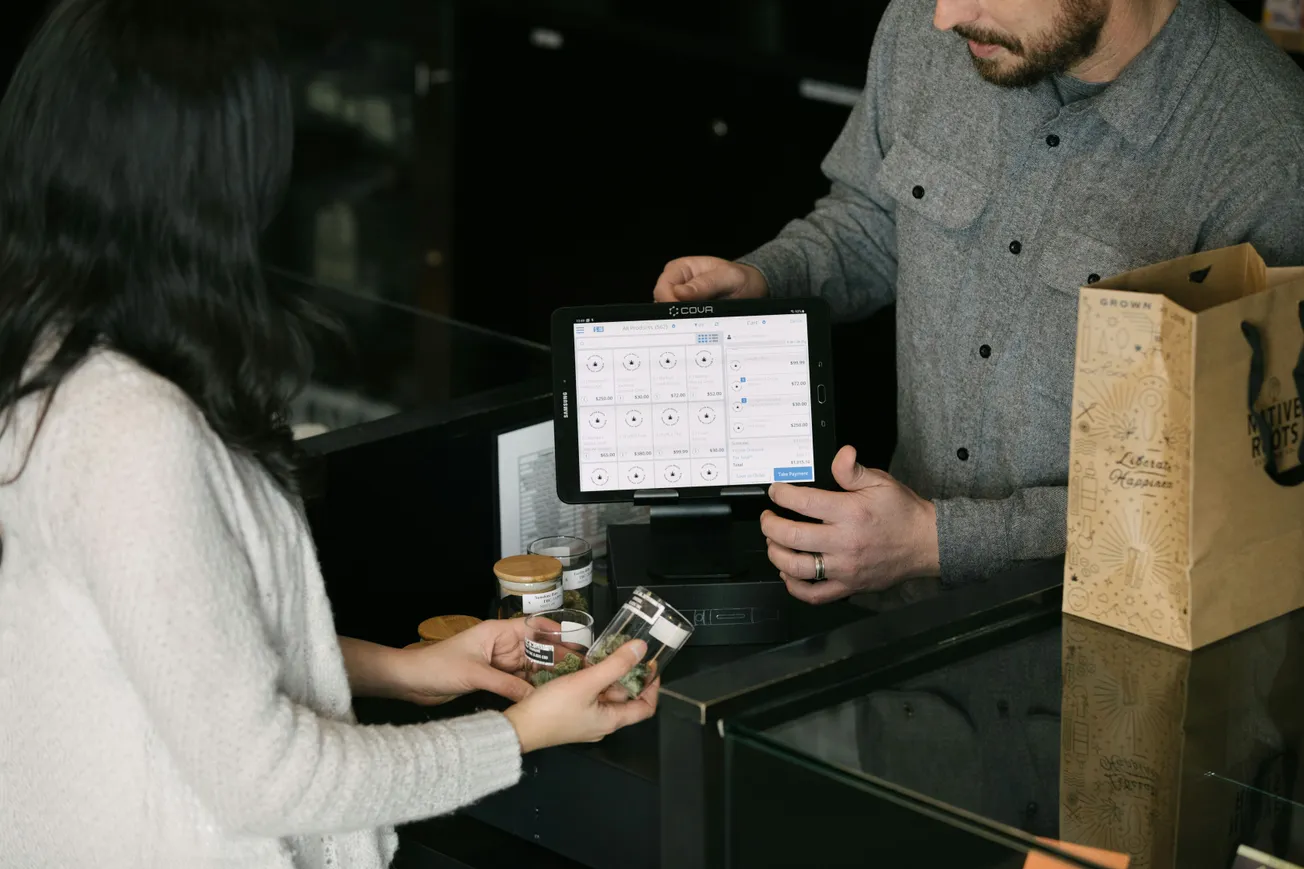The home improvement retail sector is undergoing a significant transformation. Leading this shift are industry giants like Lowe's and Home Depot, alongside competitors such as Menards, Ace Hardware, and Do it Best.
Lowe’s Strategic Moves: Gaming and Professional Market Expansion
Lowe's has recently ventured into the digital gaming arena through a partnership with EA SPORTS, introducing interactive experiences like the "On the Road" gaming tour.
This initiative is designed to engage younger demographics, particularly Gen Z, by integrating the brand into popular sports video games and offering exclusive digital rewards.
Additionally, Lowe's has launched an AI-powered assistant named "Mylow" and expanded its capabilities on platforms like the Apple Vision Pro mixed-reality headset, enhancing customer interaction and loyalty programs.
In a significant move to bolster its professional (Pro) customer base, Lowe's announced the acquisition of Artisan Design Group (ADG) for $1.33 billion.
ADG specializes in the design, distribution, and installation of interior finishes such as flooring, cabinetry, and countertops.
This acquisition is expected to expand Lowe's addressable market by approximately $50 billion and strengthen its position in the Pro segment, which currently accounts for about 30% of its sales.
Home Depot’s Digital Transformation and Pro Market Focus
Home Depot has been investing heavily in digital transformation through its "One Home Depot" strategy, allocating $11 billion to integrate its physical and digital operations.
This approach aims to provide a seamless shopping experience for both DIY and Pro customers, enhancing services like mobile app functionalities and delivery options.
To further solidify its presence in the Pro market, Home Depot acquired SRS Distribution for $18.25 billion. SRS Distribution serves professionals in roofing, landscaping, and pool specialties, aligning with Home Depot's goal to balance its sales between DIY and Pro customers.
Menards: Embracing Digital Tools and Community Development
Menards has been enhancing its digital infrastructure by adopting cloud-based services like Microsoft Azure and collaboration tools such as Cisco Webex. These investments aim to improve operational efficiency and customer engagement.
Uniquely, Menards has also ventured into real estate development by constructing residential subdivisions around new store locations. This strategy creates a built-in customer base and integrates the community with the retail experience.
Ace Hardware: Digital Marketing and Localized Strategies
Ace Hardware has significantly increased its digital marketing efforts, resulting in a 17% boost in online sales. By leveraging social media and influencer partnerships, Ace aims to attract younger DIY enthusiasts.
The company also emphasizes localized marketing, allowing individual stores to tailor their strategies to community needs. This approach has led to a 30% increase in store visits driven by digital outreach.
Do it Best's Acquisition of True Value
In a notable industry consolidation, Do it Best acquired True Value, bringing together two major cooperatives. True Value's Chapter 11 proceedings facilitated this acquisition, which includes inventory, brand rights, and manufacturing facilities. The merger is expected to enhance purchasing power and expand the combined network's reach.
Conclusion
The home improvement retail landscape is rapidly evolving, with companies investing in digital technologies and strategic acquisitions to meet the changing demands of both professional contractors and modern consumers.
As the industry continues to innovate, the integration of digital experiences and expansion into new markets will be key drivers of growth and competitiveness.









